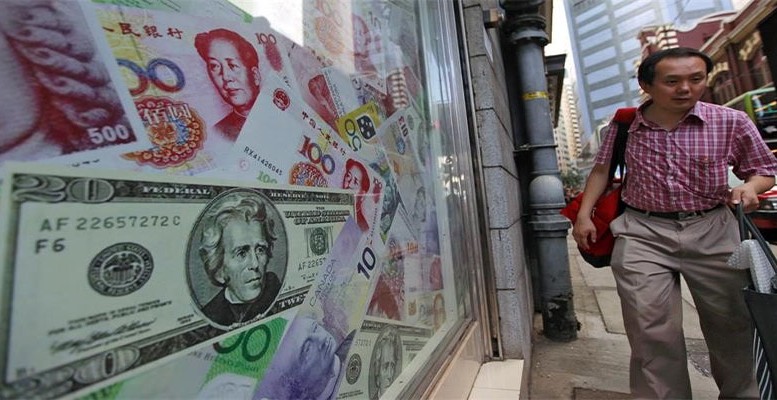World stock markets’ current weakness reflects concerns about a serious downturn in China’s economy. The fall in global oil prices is the result of the decline in Chinese demand. The doubt is whether this fall will be a soft one or whether the government will lose control and will be unable to avoid a severe financial crisis. Analysing the pros and cons, those who think the adjustment will not be soft emerge as the winners. Why? Because a fixed exchange rate policy is destined to fail.
Those who are more optimistic argue that China has resources to prevent a “Lehman like” crisis. Others, like former IMF senior economist Peter Doyle, take a contrary view.
According to Doyle, China has had a major stabilising effect on the world since the 2008 crisis. While the US and others were starting QE, China steamed ahead with lending, fuelling a boom in domestic demand which provided a cushion for the global crisis. If China falls, hopes of emerging from the current stagnation will be dashed, if indeed something worse doesn’t happen.
The advantage of China’s current situation is that it has a very low level of public debt, while its foreign reserves are extremely high; but Doyle makes the point that these figures are not completely “clean”: China’s birth control policy, prohibiting more than one child per couple, has distorted the population pyramid and created future debt (which explains why the Chinese are massive savers). If this future debt is taken into account, then China is not “clean” enough to deal with a financial shock.
As far as its reserves go, the figures are overwhelming: a stock of 3.7 trillion US dollars. So China is well equipped against the risk of an increase in capital flight…Although it would be even more so if it had a free exchange rate and its control on capital wasn’t collapsing. In the good times, China knew that the exchange rate was below market value, so it could only push it up. This fuelled position taking in renminbi without any currency risk. There were also strict controls on capital which blocked any massive outflow, which in fact nobody was worried about because of the high level of reserves and the fact the renminbi was undervalued. There was an excessive amount of protection for what was a zero-risk investment situation in China.
A virtuous circle which has now spun round to the opposite position: the loss of confidence is fuelling a net capital outflow, which could speed up if the government tries to stop this by releasing reserves while, at the same time, keeping the exchange rate steady. No matter how high the reserves are, they could be insufficient if the markets think that...They are not enough to guarantee parity! The next step is to hike interest rates to lure capital. But this is contradictory with selling currency reserves, because it’s the same as increasing the money supply (and cutting rates). If the market becomes aware of these contradictions, speculation will increase “in one way”.
Like Spain and the US, China experienced a bubble as result of a credit boom. But this happened in 2009, when the crisis had already broken out in the rest of the world. Now it’s suffering from a hangover which it is trying to ensure is as slight as possible.





